Your practice brings together performance and personal narratives intertwined with theatrical and/or cinematic scripts and influences. What are some of the things you have been looking at or considering recently?
I’m a sucker for a good, emotional narrative, which makes me quite irredeemable in many ways because, of course, abstraction and minimalism are still probably the most pervasive forms of expression in contemporary art. I’m also enamoured of beauty and (to my own chagrin) am not usually inspired by the orthodoxy of conceptualism, nor the anti-aesthetic in the visual arts. I crave to be moved. Watching a stunning movie, having a big belly laugh, reading a gripping novel or hearing beautiful music transports me — these are the things I seek out for pleasure and am driven to try to utilise in my own practice. I have arrived at the conclusion that, despite being a Buddhist, I am definitely not a minimalist in this lifetime – but I think by virtue of its suggestion to practise kindness towards myself and others, Buddhism is teaching me it’s okay to embrace my maximalism!
Your work is often heavily loaded with challenging content. How do you personally negotiate and maintain your experimental, provocative practice and what are the triumphs and difficulties artists working in these ways face?
I was the black sheep of my family, the rebel; so challenging people is in my make-up. Although in the art world people often wear their difference with pride, I’ve found it hasn’t been an easy path for me to see the world in opposition to the majority. In my childhood, it cost me a lot to be different. As I’ve matured and become more aware of this tendency to transgress, I find I can channel it into my art practice, where it generally finds a healthy and legal outlet. This is undoubtedly the benefit of being provocative. Mostly though, even today, I still have to hold myself back from completely letting go because I wouldn't want to harm others because of my tendency to push the limits!
The other danger in being provocative is that there is often a backlash against those who challenge the status quo. In principal, we like the idea of thinking of ourselves as different and flexible, but change is very difficult and we will oftentimes actively resist it. So to do anything provocative is to open yourself up to criticism and hatred, and this is very painful. I find I have to strike a balance between protecting myself and going for it.
Over many years of doing live and video-mediated performances what are some things you have learnt about performing that have surprised you? Does it get easier over the years?
I think every performance artist will have a different definition of what performance art is. I used to think of it as an exploration of authenticity, compared with the actor who deliberately and expertly takes on a role. I now think we all take on roles, whether we are actors or not. And perhaps through performance, I am attempting to explore how we perform! A sort of meta-analysis of performing, if you like. Bit by bit, I am exposing my panoply of selves until maybe I will just be naked with the viewer and not feel the need to take on any more roles… but maybe that is just a philosophical construct.
As for getting easier, yes and no. I am becoming more confident in my ability to perform and to contextualise my practice. However, I still struggle everyday with the fear of beginning a new work, and the fear that I won’t be a ‘good enough’ artist— however nebulous that is.
What do you hope to change in the viewer with your art practice?
Ooooh, that is a tough question. I don’t know that I can change the viewer but, like any little dancing girl, I do want to entertain my audience. The most depressing thing for me is making a work that fails to engage the viewer. I strive to put on a good show! I guess in many ways I employ fairly obvious tools such as narrative, emotion, humour and a lack of subtlety to try to make a connection, and then I repel people with challenging content that deals with issues such as trauma and suicide.
Do you think of yourself as a feminist and if so does this influence your work?
Oh, absolutely I’m a feminist. I never set out specifically to create a feminist artwork, only to make something that interests me. But because I am motivated to tell stories about female subjectivity, domestic violence, child abuse and psychological transformation — and more generally to effectively represent affect in art — I think my work tends to evoke a feminist reading. I relate very strongly to the feminist creed of the 1970s that the ‘personal is political’.


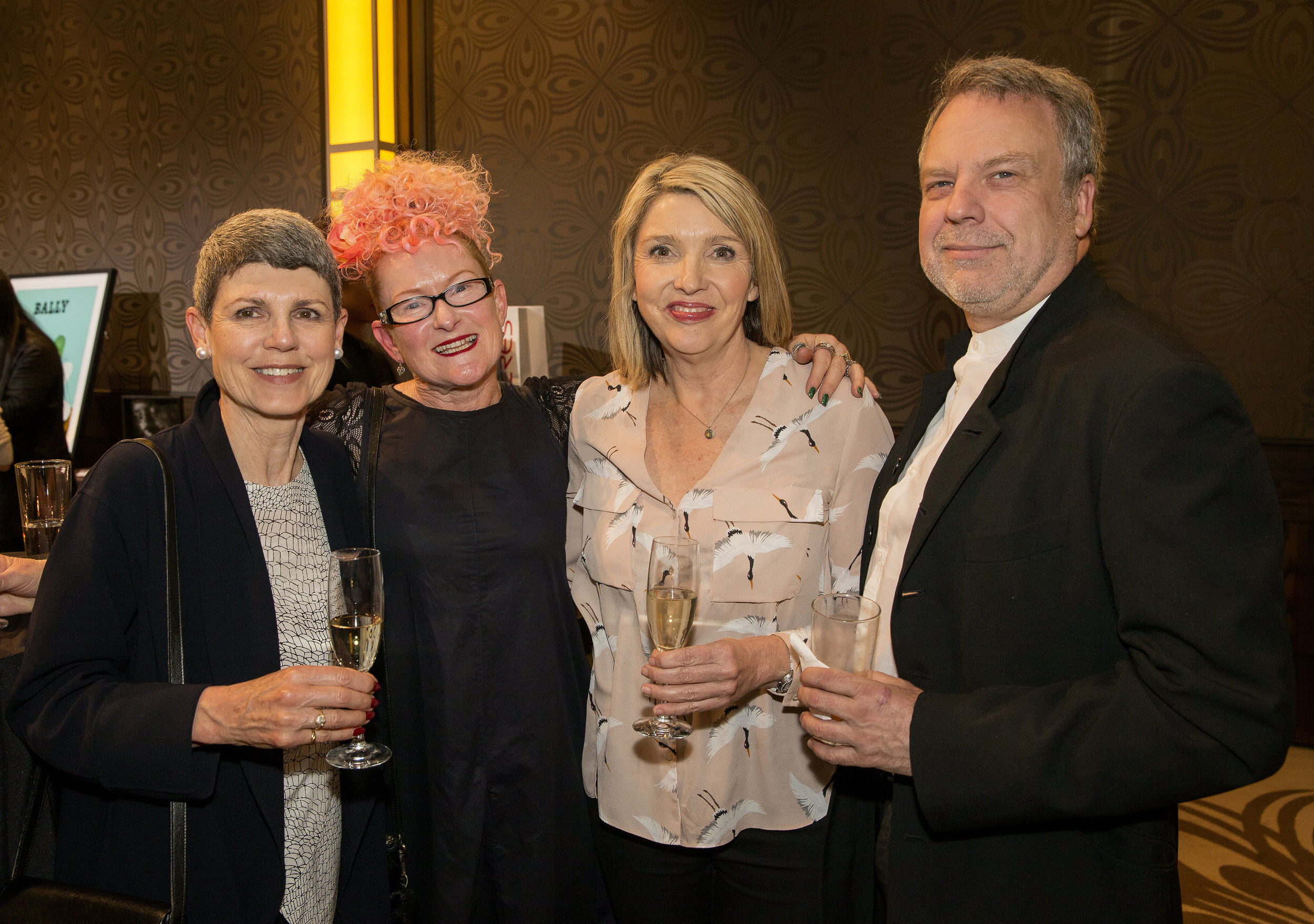
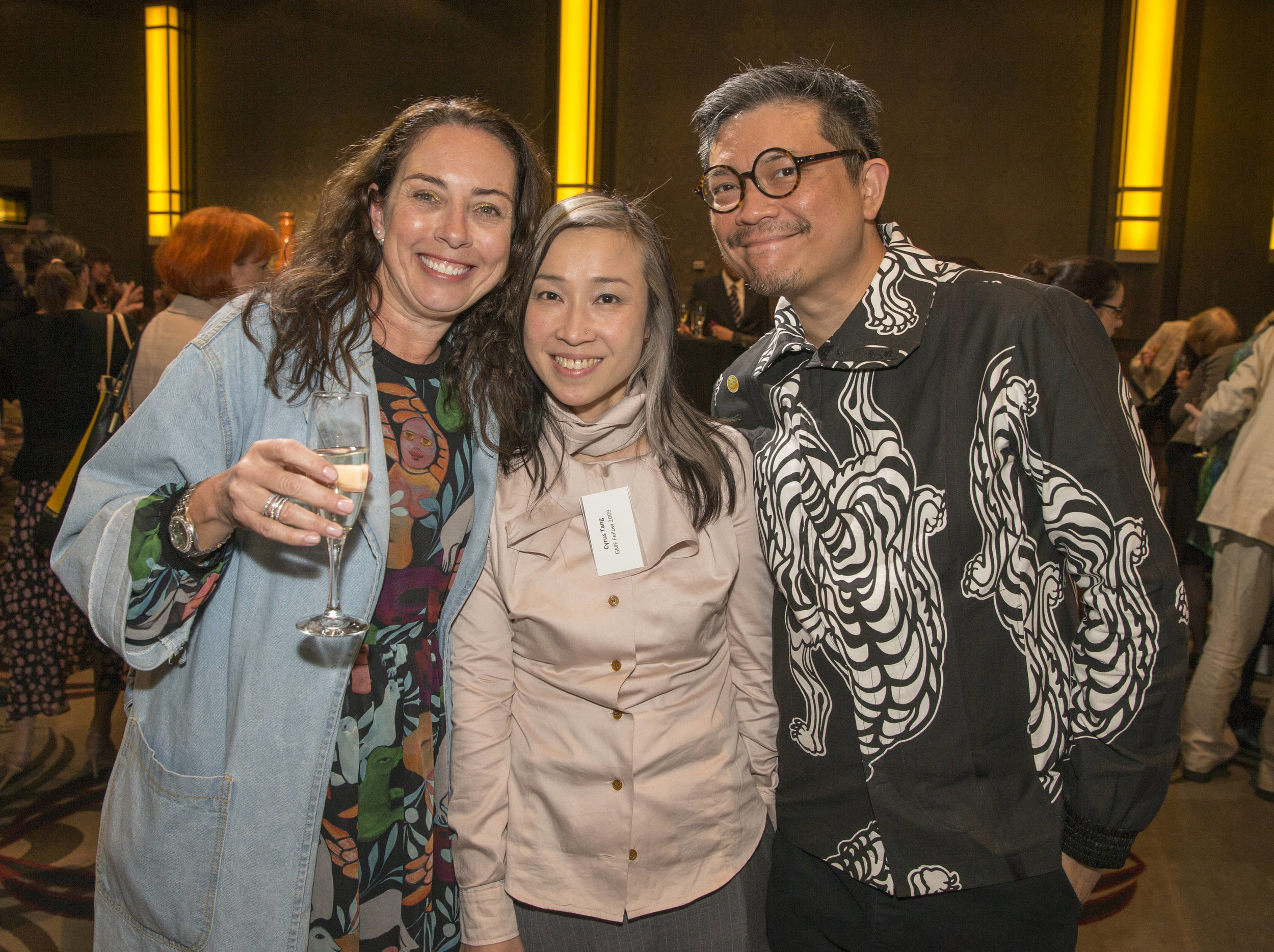
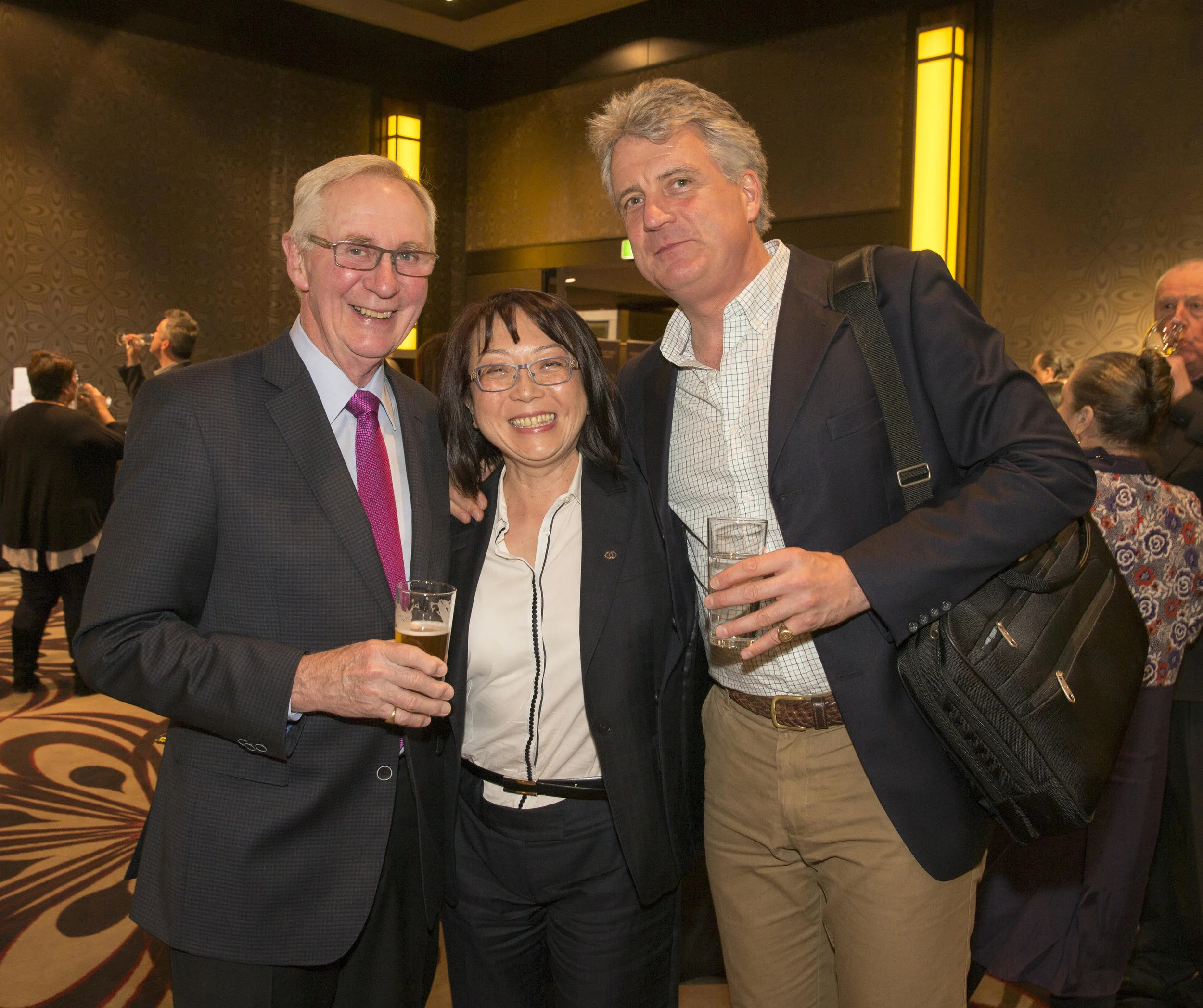

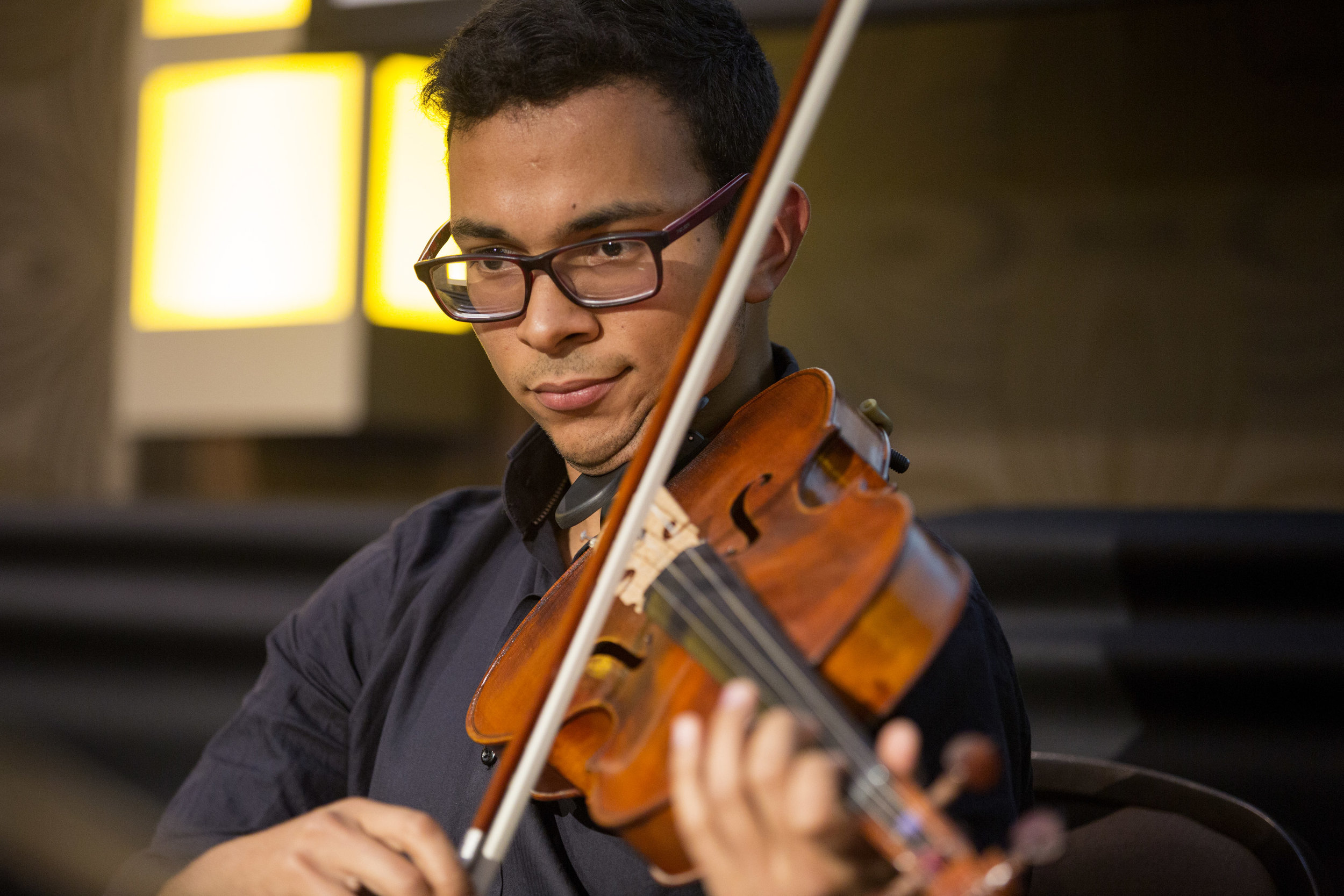

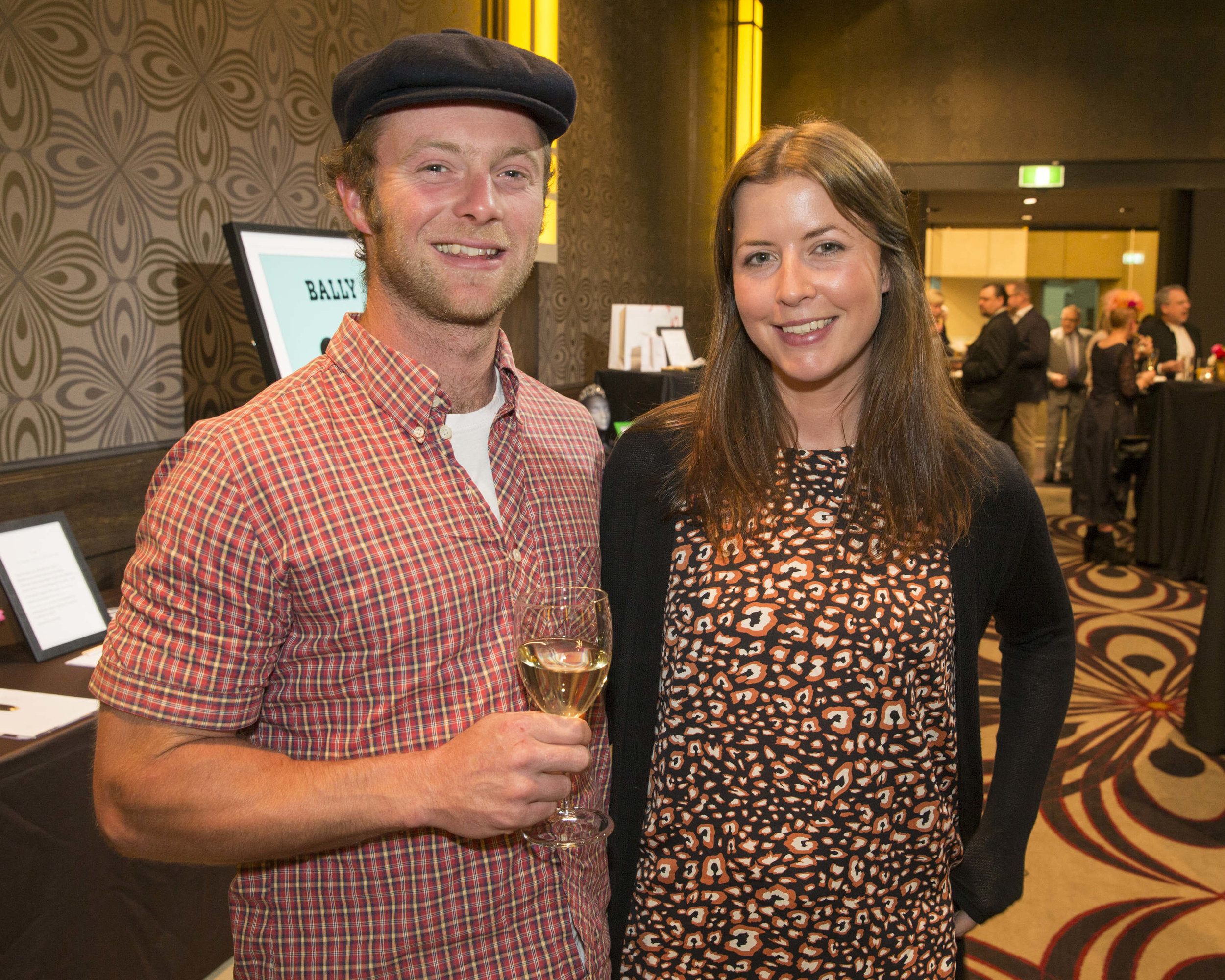


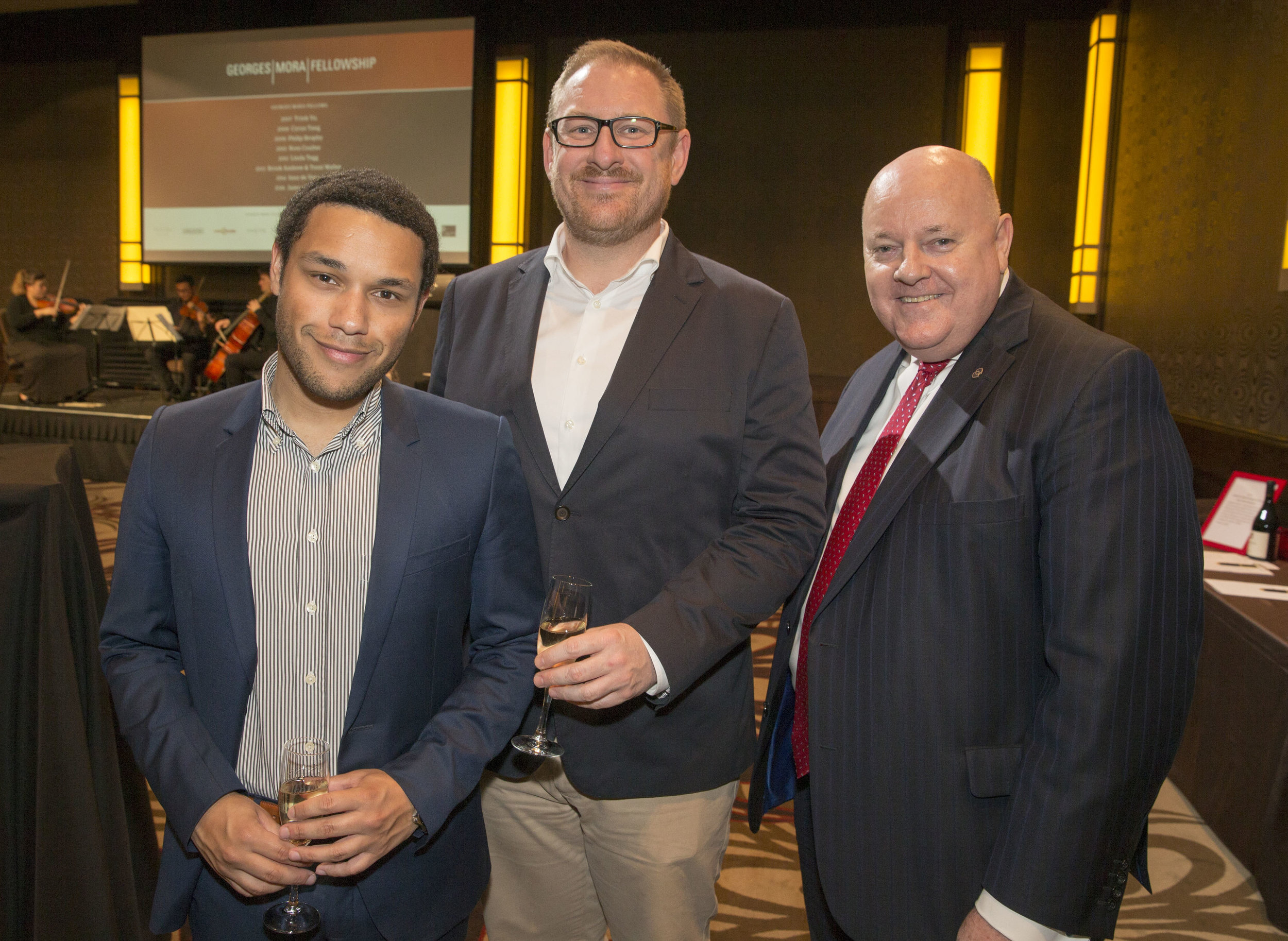
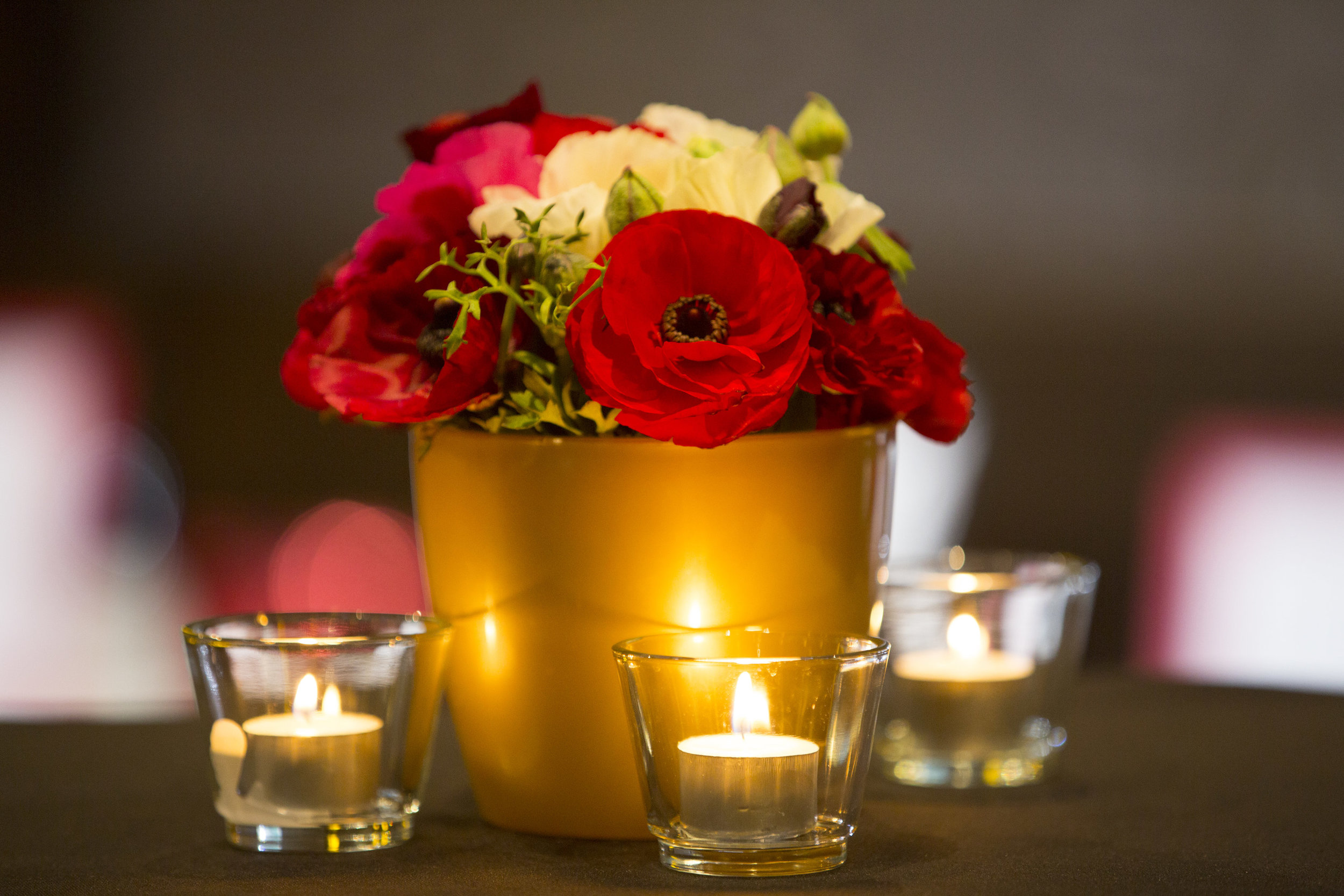
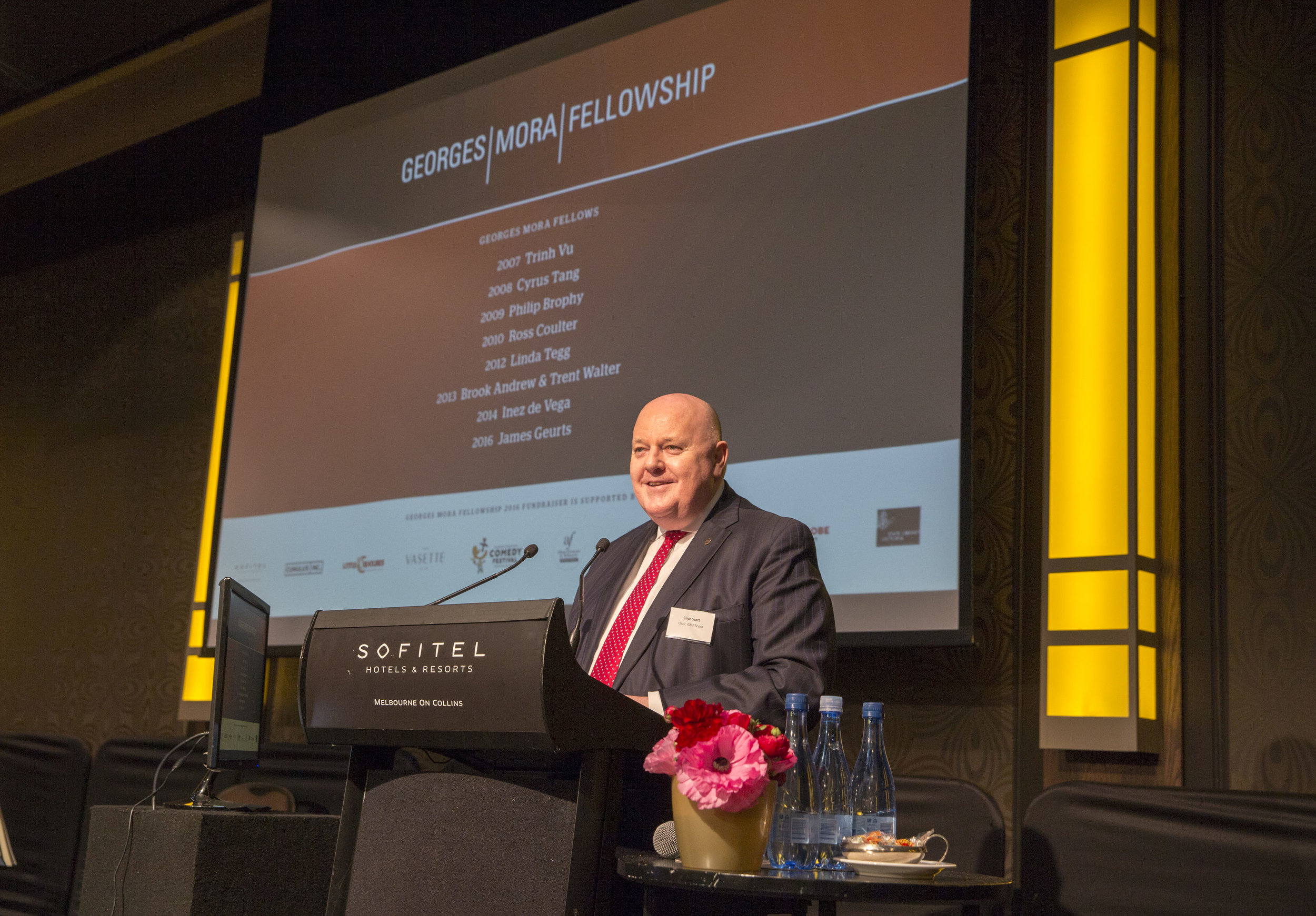


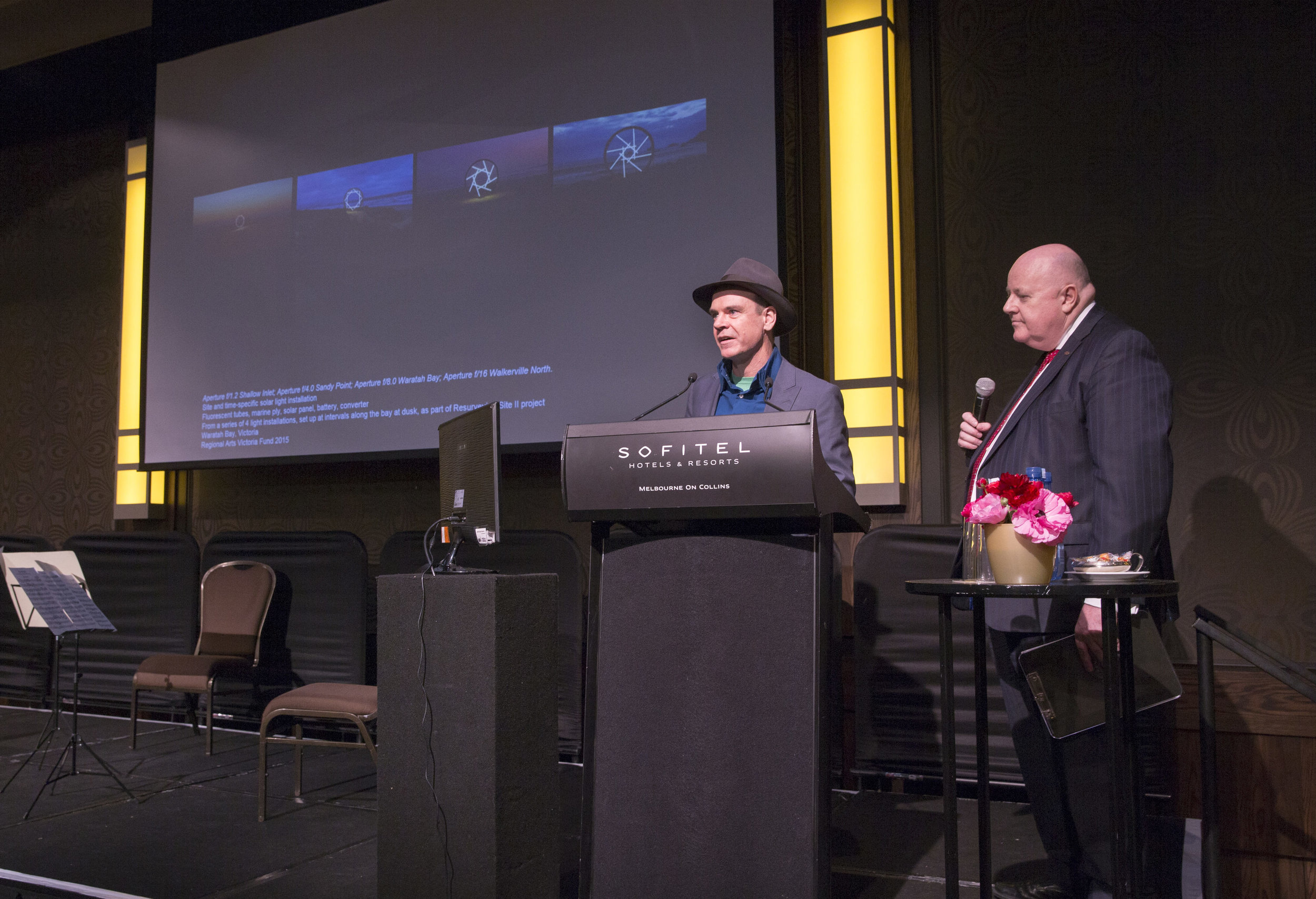

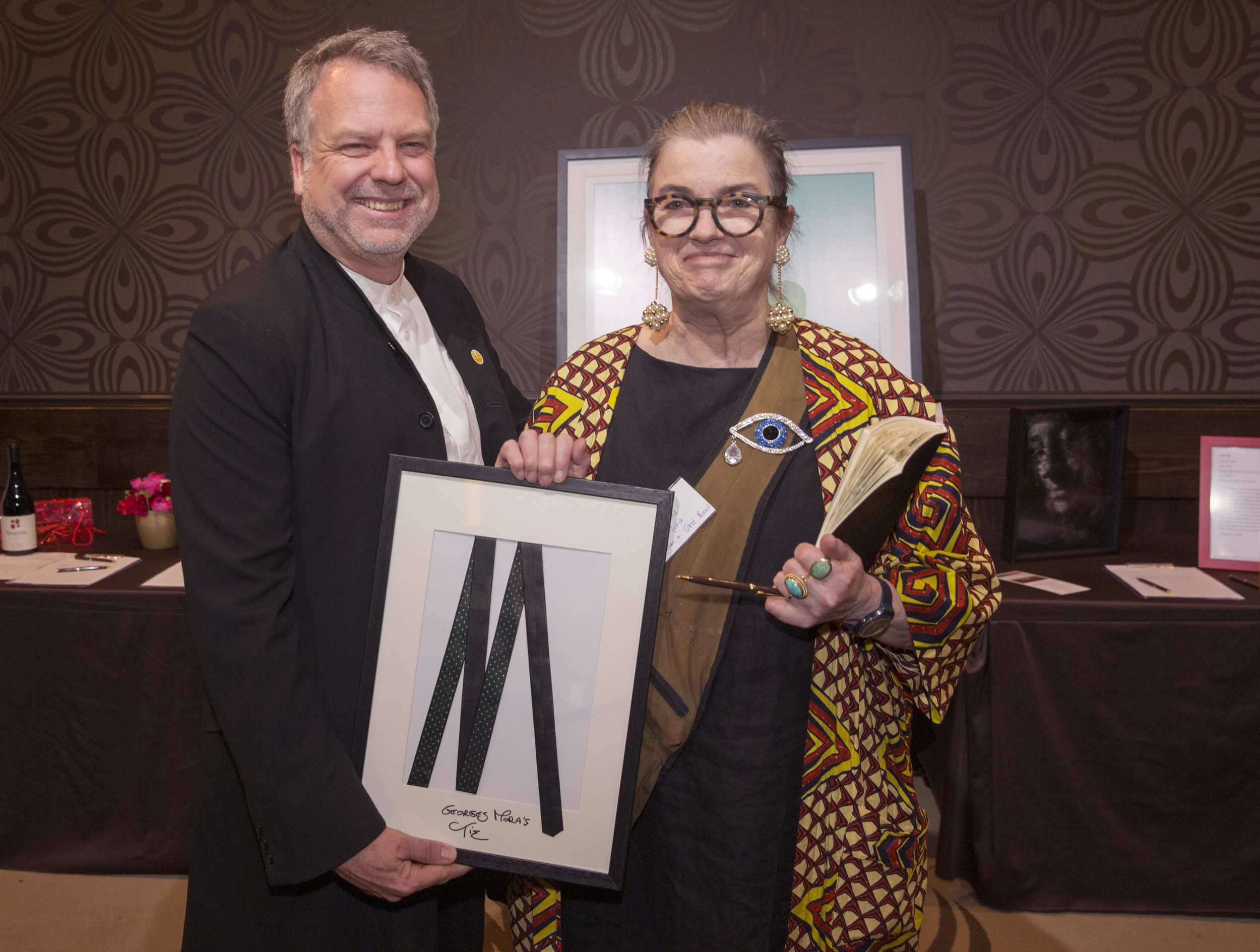








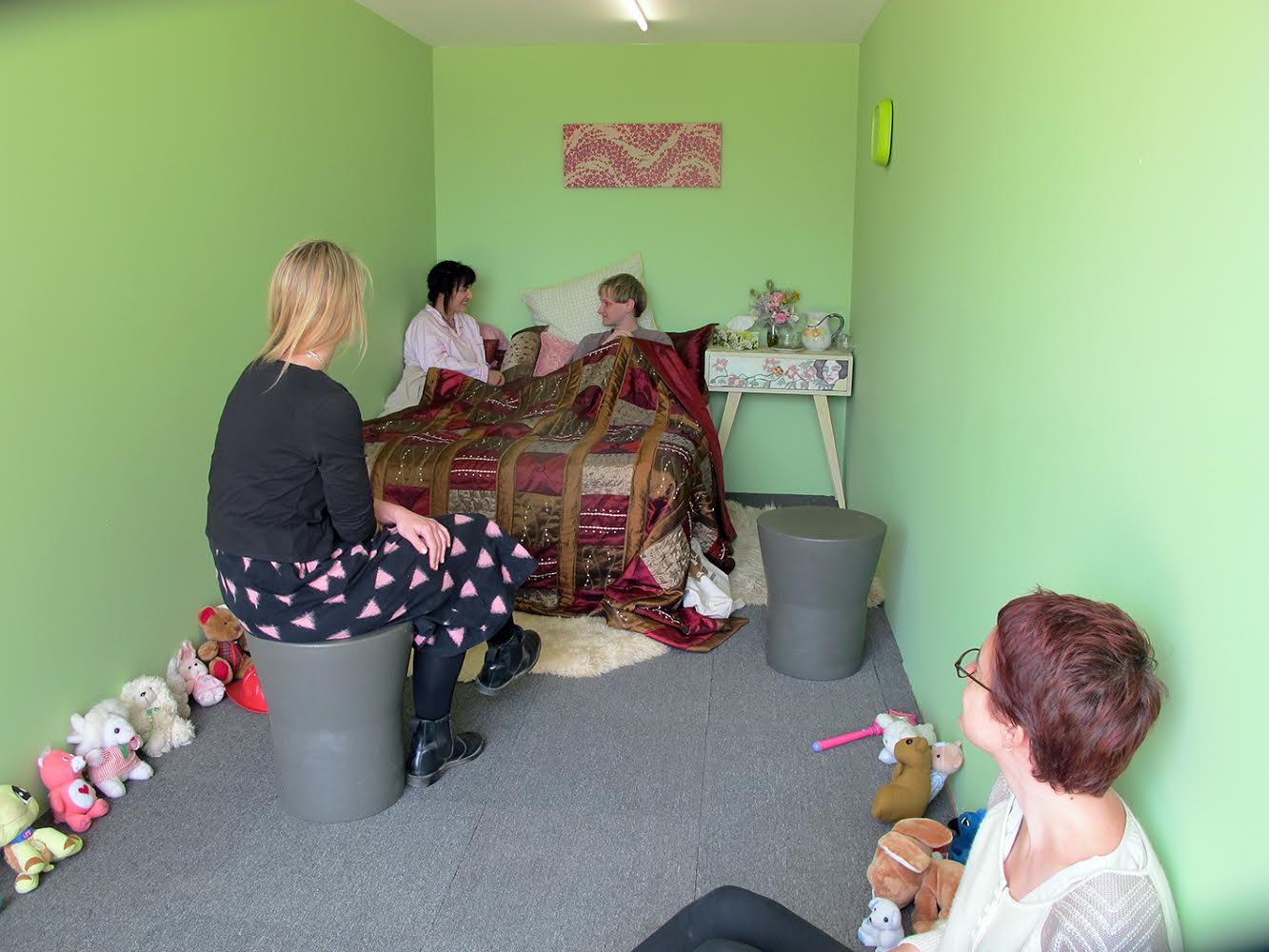


![Grasslands-(Site-test-SLV)-2014.-Linda-Tegg_0[1].jpg](https://images.squarespace-cdn.com/content/v1/527db5d1e4b05ebb58c0898c/1412921017755-F6T2YD5EKS69OB5YHW2D/Grasslands-%28Site-test-SLV%29-2014.-Linda-Tegg_0%5B1%5D.jpg)








